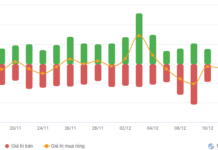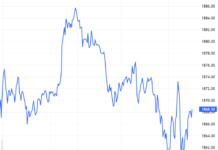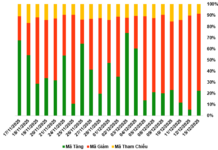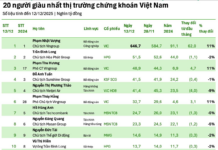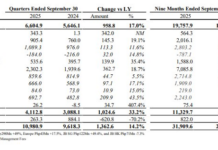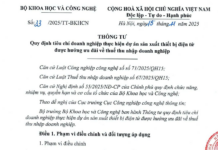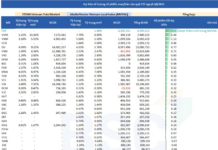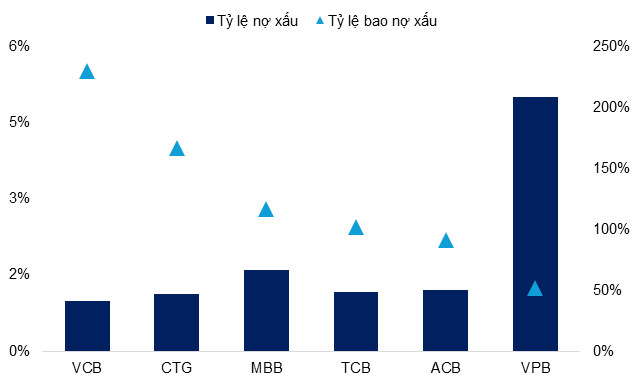According to the Vietnam Real Estate Brokers Association, the experience of other countries shows that credit policy is one of the essential tools for governments to regulate the real estate market. Many of the policies successfully implemented by other countries can be referenced, learned from, and applied in Vietnam.
Drawing on the lessons learned from these countries, the Brokers Association proposes several credit policy solutions to stabilize the market when it experiences fluctuations of more than 20% in three months or other real estate market fluctuations that impact socio-economic stability, without affecting the demand for housing from end-users.
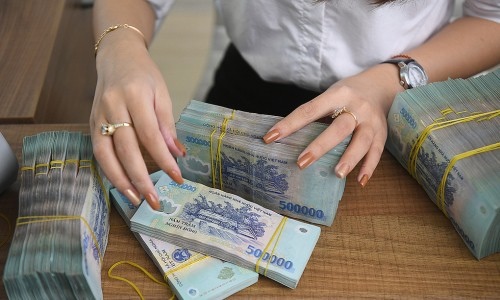 Soaring real estate prices. |
The Association suggests tightening credit policies for speculators. Specifically, to reduce the number of people borrowing for speculative purposes or using excessive leverage, financial institutions can adjust lending limits by modifying the loan-to-value ratio, requiring a higher proportion of down payment, or applying higher interest rates for second-home buyers and beyond.
Secondly, they propose enhanced credit monitoring and management. The government could impose regulations on credit quality control, requiring banks to provide more detailed reports on real estate-related loans, thereby strengthening risk oversight. Establishing a credit mechanism for social housing projects and prioritizing capital allocation for affordable housing developments will address the housing needs of low-income earners.
Additionally, the state should implement credit relaxation policies, including reducing interest rates and offering long-term loans with preferential rates for first-time home buyers or other priority groups to maintain social stability, such as newly married couples.
To ensure the accuracy and effectiveness of these policies, the Brokers Association believes that the state needs to develop a comprehensive, accurate, and up-to-date database to distinguish between genuine homebuyers and speculative investors clearly.
Expediting the publication of real estate transaction price indices and other influential indicators is crucial to determining when government intervention is necessary, especially with the current concerns about rising real estate prices.
For a more comprehensive regulation of the real estate market, credit policies should be coupled with the implementation of real estate transfer taxes or property taxes. Moreover, when applying regulatory policies, flexibility is essential to maintaining market order and minimizing risks.
In the last two years, condo prices in Hanoi have risen rapidly and substantially. The price gap between Hanoi and Ho Chi Minh City’s condo markets has narrowed (in 2019, the primary price gap between the two markets was 30%; by 2024, it had narrowed to just 5-7%).
As of Q2 2024, according to surveys and reports from major provinces and cities like Hanoi and Ho Chi Minh City, condo prices had increased by an average of 5-6.5% quarterly and 25% annually, depending on the area and location.
The Ministry of Construction attributes the localized price increases in major cities like Hanoi and Ho Chi Minh City to limited new supply and a scarcity of mid-range and affordable housing projects, which have contributed to rising prices in these markets.
Ngoc Mai


